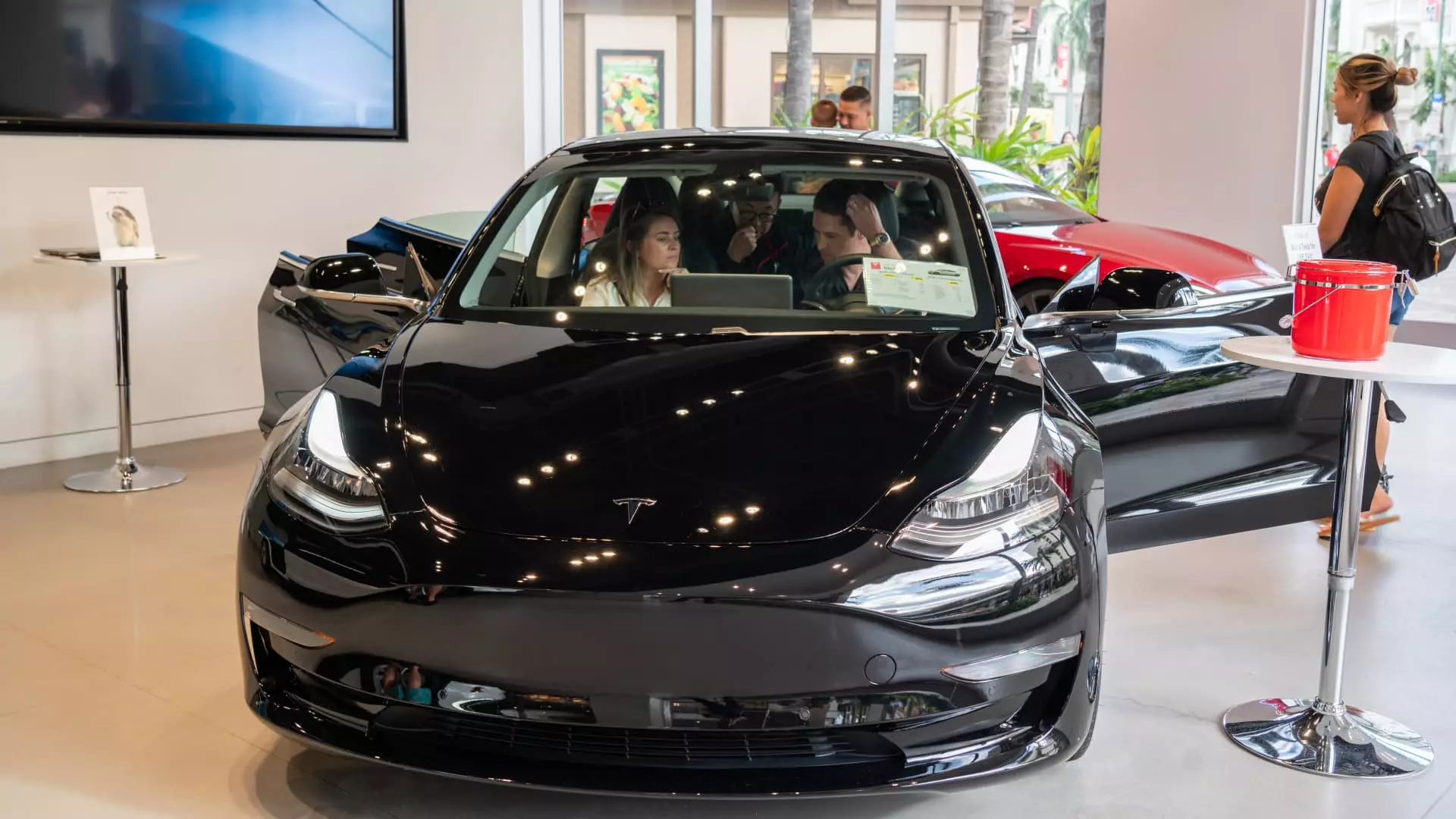Despite slow progress in the United States, Hawaii has emerged as a leader in the adoption of all-electric vehicles. According to J.D. Power, Hawaii ranks fifth in overall EV adoption at 11.9% of new retail vehicles sold through February. The state also boasts a high “EV Adoption Score” of 33.8, coming in third behind California and Washington. These numbers indicate a significant shift towards EVs in Hawaii, driven by several key factors.
One of the primary reasons for the high adoption rates in Hawaii is the state’s high fuel costs. With gasoline prices averaging around $4.72 per gallon, residents are seeking more cost-effective alternatives. Additionally, the availability of renewable energy sources for charging makes EVs a more sustainable option for consumers. The local culture in Hawaii also plays a significant role, with a strong sense of responsibility towards stewarding the land influencing consumer preferences.
Unlike mainland states, Hawaii’s island geography eliminates the need for long road trips, making range anxiety less of a concern for EV owners. The availability of charging infrastructure, although still a challenge, is less of a problem due to the state’s small size. Additionally, the popularity of hybrid models in Hawaii has paved the way for a smoother transition to all-electric vehicles.
While Hawaii has made significant strides in EV adoption, there are still challenges to overcome. Affordability remains a major issue, with the average cost of an EV in Hawaii exceeding $62,600, according to Edmunds. Lack of vehicle choices and charging infrastructure are also obstacles that need to be addressed to further accelerate the transition to electric vehicles.
Despite the challenges, EV adoption in Hawaii is expected to continue to grow. Automakers like Kia are introducing new EV models to meet increasing customer demand. The availability of more affordable EV options, such as the Kia Niro, is likely to drive further adoption in the state. As consumer interest in EVs grows nationwide, Hawaii’s unique position as a leader in electric vehicle adoption serves as a model for other states to follow.
Hawaii’s success in EV adoption can be attributed to a combination of factors, including high fuel costs, the availability of renewable energy, and a strong sense of environmental stewardship. By addressing affordability and infrastructure challenges, Hawaii is paving the way for a cleaner and more sustainable future powered by electric vehicles.



Leave a Reply